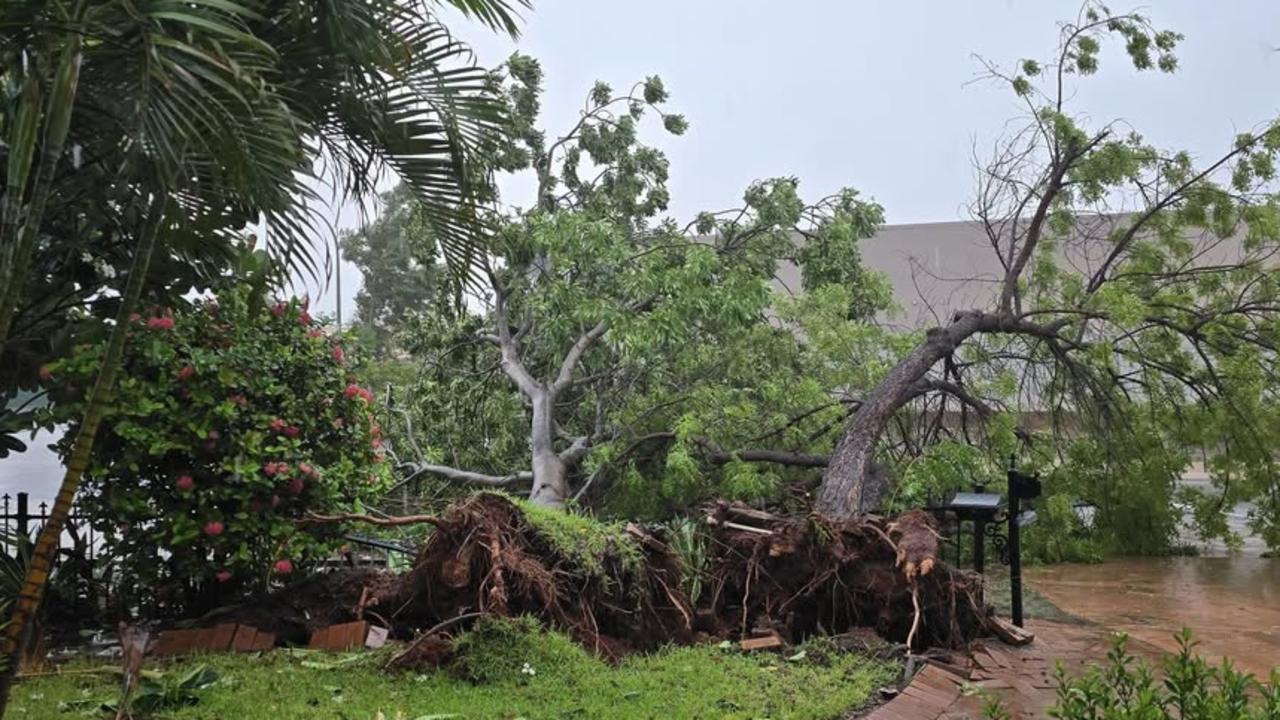Triple-0 surge in Northern Territory after strict alcohol ban lifted
Northern Territory ambulances have attended to nearly double the number of assaults and sexual attacks since strict alcohol bans lapsed late last year.
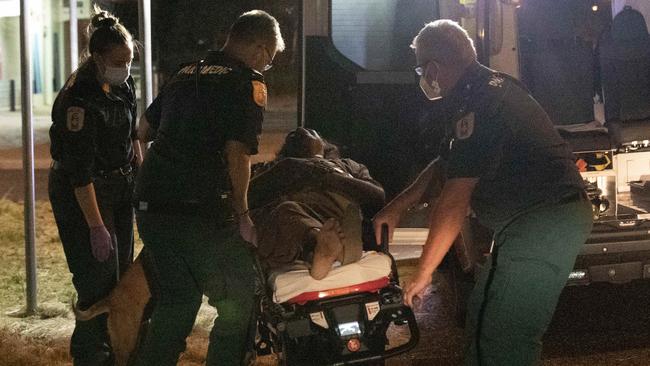
Northern Territory ambulances have attended to nearly double the number of assaults and sexual attacks since strict alcohol bans lapsed late last year, as Alice Springs residents braced for chaos amid a new sweep of grog restrictions this week.
New St John Ambulance NT data obtained by The Australian shows that after the lapse of Stronger Futures legislation, the number of call-outs attended by paramedics in the Northern Territory for reported assaults and sexual assaults increased by a massive 88.5 per cent – with 522 cases reported last June and 984 cases in December.
For the first six months of last year, 3520 calls were attended by paramedics territory-wide for assault or sexual assault, and 4802 for the second six months – marking a 36 per cent increase.
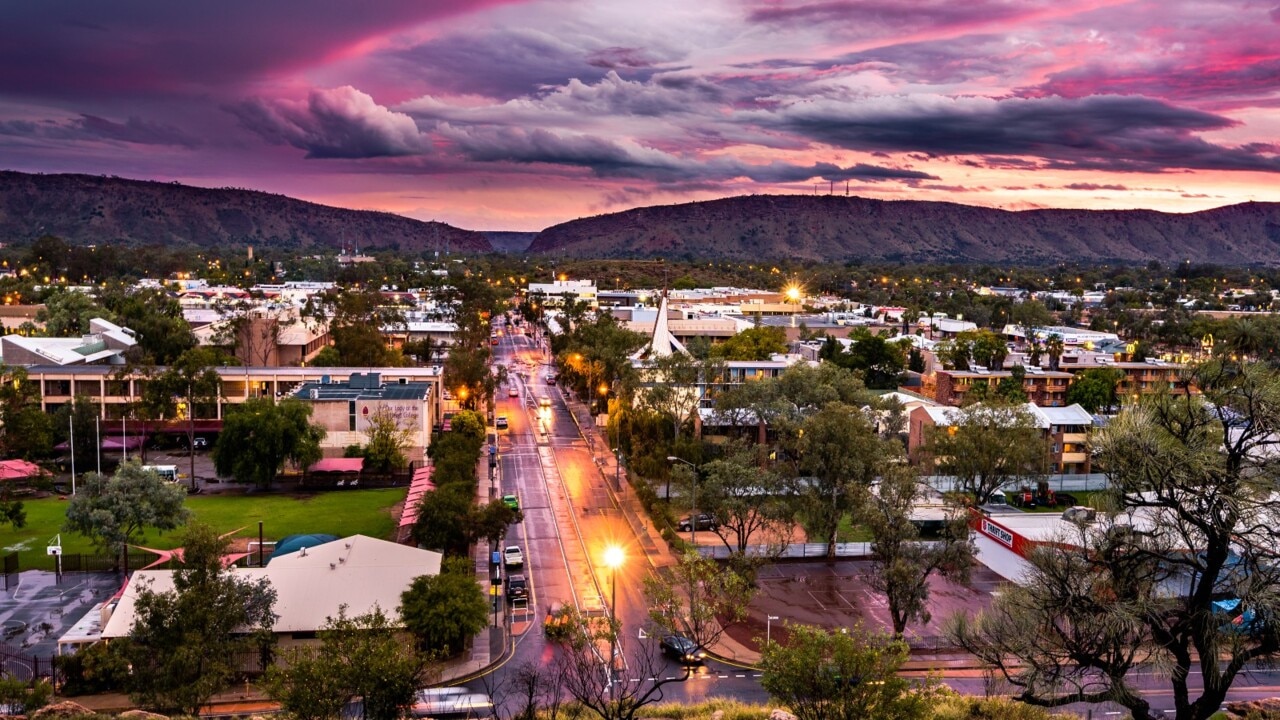
Paramedics in Alice Springs experienced a 40 per cent increase in attended calls, with the total call-outs last January recorded at 1281 cases compared to 1795 call-outs in December – the busiest month of the year.
It comes as households and licenced venues braced for a huge increase in break-ins as the town faces a two-day takeaway alcohol ban from Monday.
Locals fear the number of break-ins will “skyrocket” with people who haven’t pre-purchased alcohol invading homes and businesses to seek it.
“The problem drinkers of this town, the people from out bush, they are not going to buy alcohol today to last them three days, that’s just not how it works,” local business owner Darren Clark said.
“By Monday afternoon and Tuesday afternoon they’re going to realise, ‘Geez we’ve got no grog,’” he said. “That’s what people are fearful of in town.
“You’ve taken away the takeaway supply on Monday and Tuesday, so if there’s no supply of takeaway alcohol on those days, they’ll have to go and look for alcohol somewhere.”
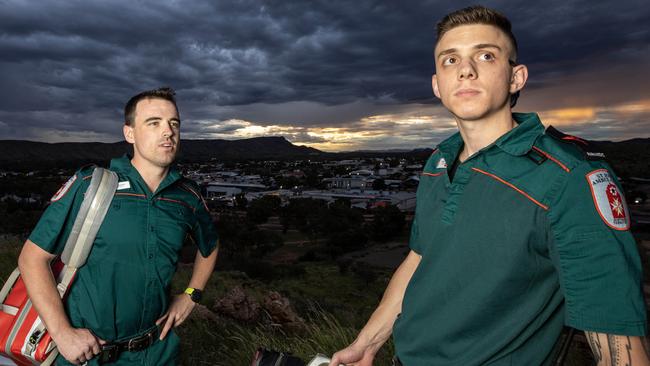
For paramedics Hayden Cox, 22, and Remmie Bye, 24, they knew moving to Alice Springs from interstate would be a challenge, but ultimately, they did it “for the adventure” – and they haven’t looked back.
“I just love it; it’s just awesome, hey,” Mr Cox says with a cheeky laugh just before his shift on Saturday night. A Wiradjuri man who moved to Alice Springs eight months ago, he says his background has helped him connect with many of the Indigenous population he works closely with.
He says when locals have seen the Aboriginal flag on his name tag, they’ve shown him “a bit more respect and understanding”.
“Trying to educate the Indigenous population is quite rewarding, but it is very challenging as well,” Mr Cox said.
Many jobs the paramedics in the region attend are mid to low acuity, with a large part of their job involving educating locals.
“When you put in the effort and try to educate them as well, you may see further down the line some benefit from that as they may not call for their sore toe in the future because you educate them on what to do and how to handle those things,” Mr Cox said.
His partner for the evening, Mr Bye, who has worked in Alice Springs for 18 months, says he’s noticed a heavy increase in the workload over the last 18 months.
“The moment you sign in on either shift, you’re just straight out the door,” he said. “There’s a great scope of practice in the NT; you get a variety of jobs you might not get elsewhere, a lot of times it is very much low acuity work.
“The environment we work in as far as the landscape, every sunrise is beautiful, every sunset is beautiful, it’s just the little things, the lifestyle is really good.”
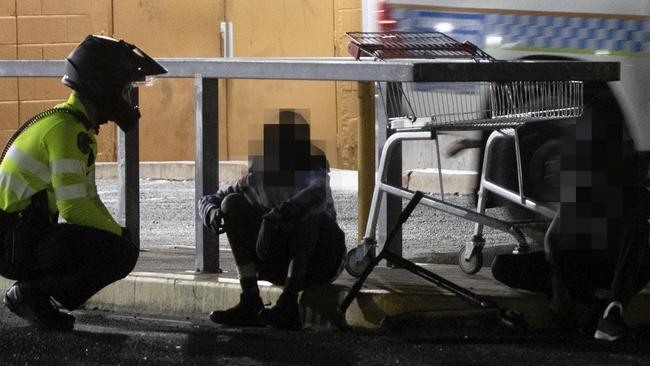
Ambulance Services NT director Andrew Thomas said while working in a region such as Alice Springs had its challenges, it was a “really great experience for paramedics”.
“Some of the work that you do you would never get anywhere else in Australia,” he said.
When The Australian joined Mr Thomas for a ridealong last week, we gained first-hand experience of the uniqueness of the role of a paramedic in Alice Springs when a female patient called from a payphone with chest pains – a priority job attended to under lights and sirens.
Upon arrival, the patient was on the ground beneath the payphone, with her distressed dog comforting her, and when loaded on to the stretcher, the dog jumped on the stretcher too.
Mr Thomas loaded the dog into the rear seats of his vehicle, and drove to the town camp where the patient lived.
“Hopefully, the dog will be safe in the camp and reunited with the patient once she comes out of hospital,” he said. “Working in the NT has its unique challenges and opportunities and this is an example where you need to think out of the box to deliver the best care for the patient, and that care goes beyond just that physical treatment.”







